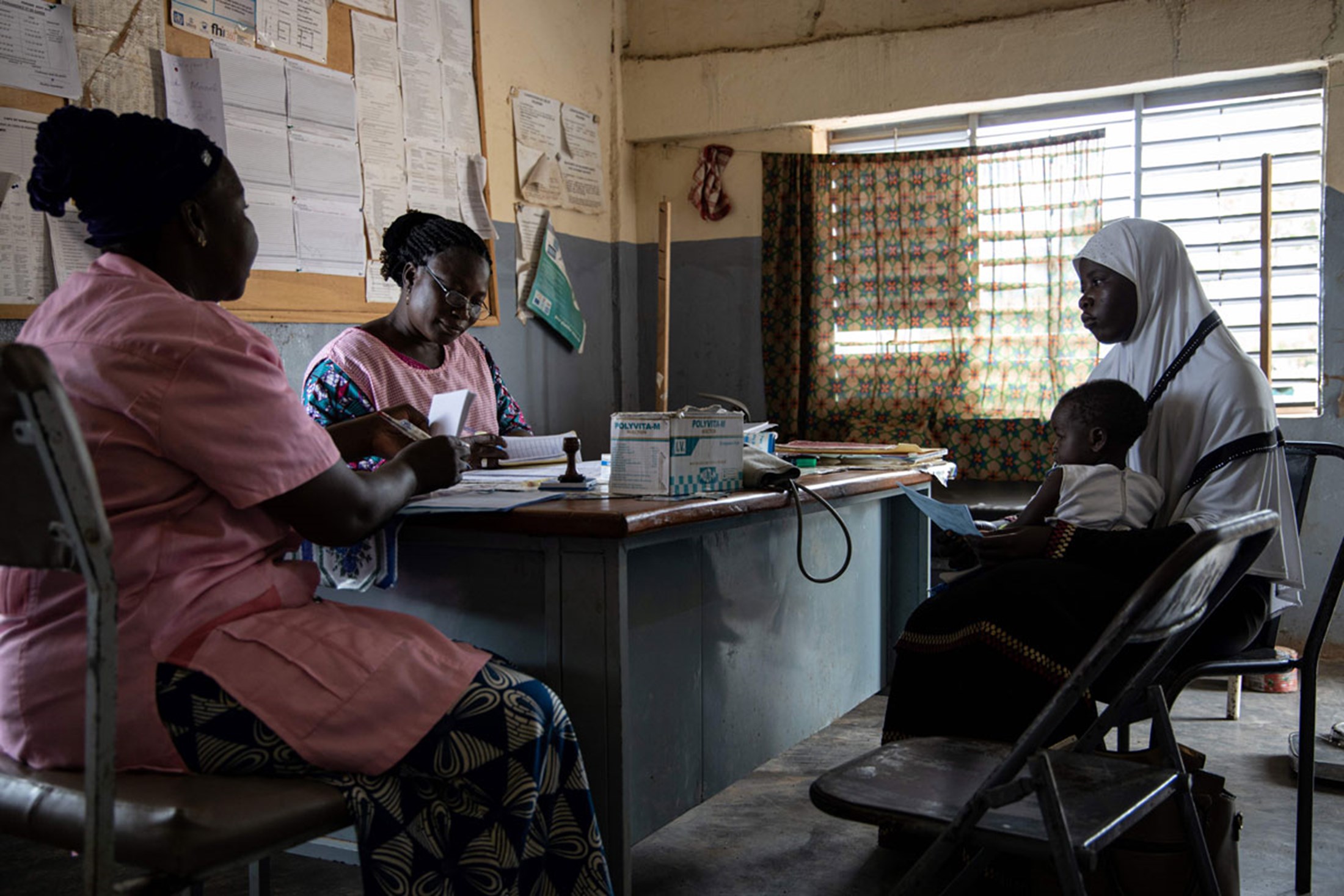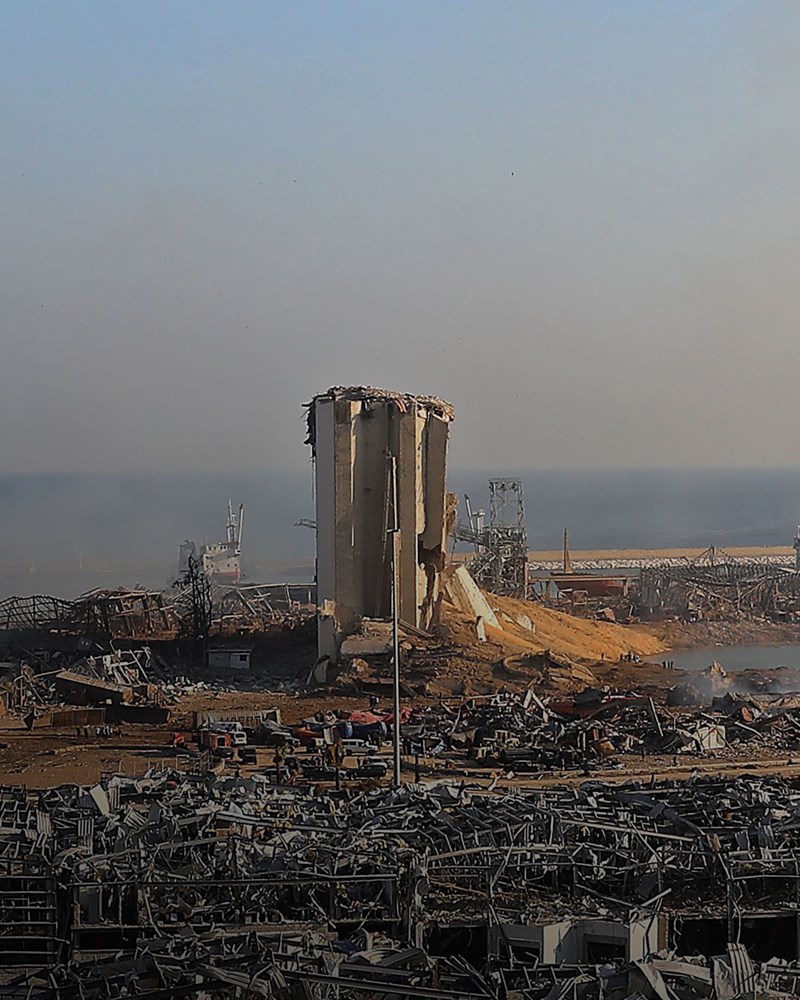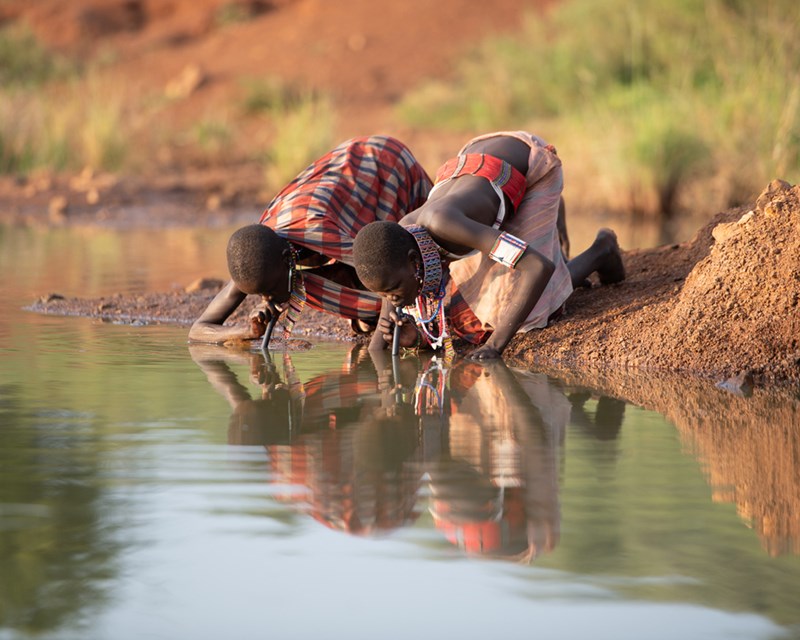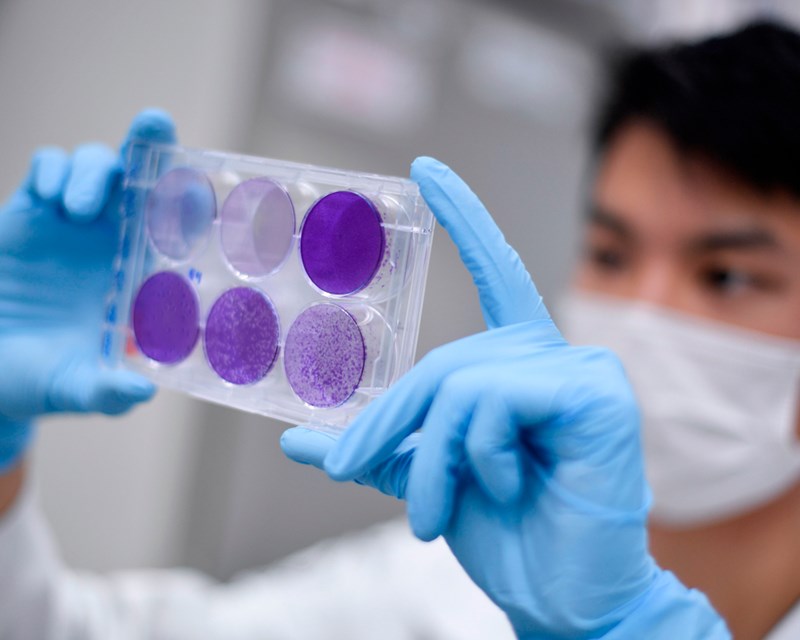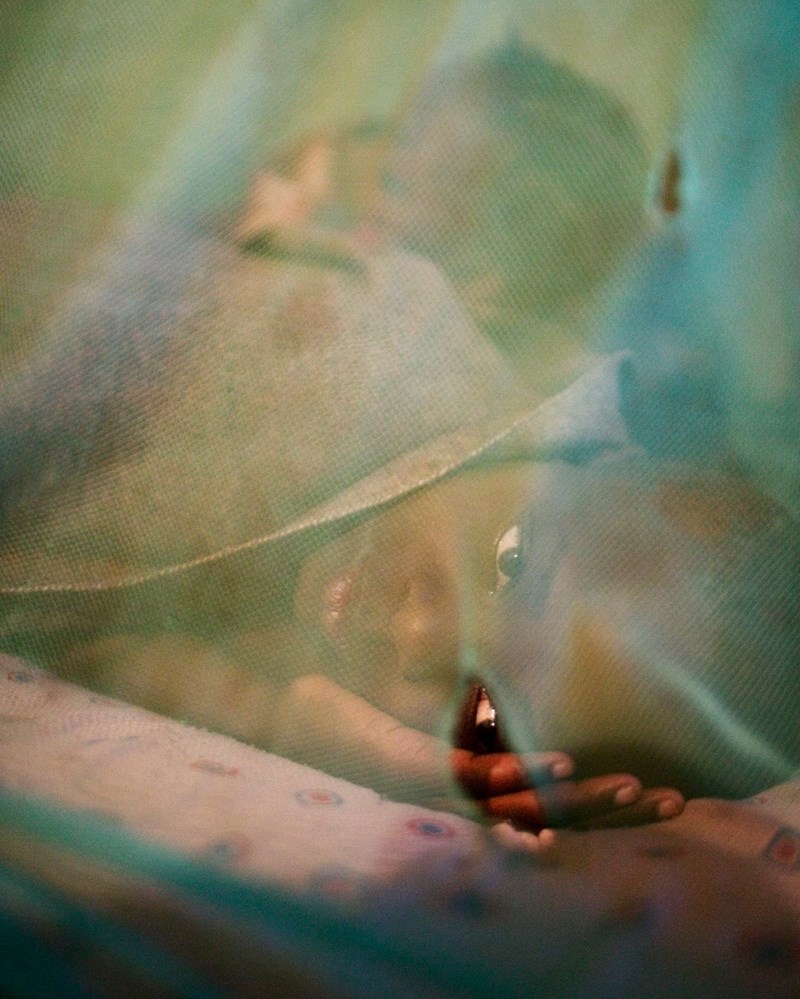In every corner of the world, women bear the social and economic brunt of debilitating diseases like malaria, river blindness, and trachoma, which can keep children out of school and prevent parents from working. It is also women who are out there on the frontline, fighting to control and eliminate these devastating conditions.
They are the beating heart of our health systems and make up more than two thirds of the health workforce globally.
Yet, so often, their voices are absent from key discussions and their critical role in disease elimination is underplayed and underfunded.
On International Women’s Day, the Global Institute for Disease Elimination (GLIDE) joins the global community in celebrating women and their critical roles as champions in the fight to eliminate neglected tropical diseases (NTDs), along with other diseases such as malaria and polio.
Launched in 2019, GLIDE, is a new UAE-based institute set-up with $20m in funding from Sheikh Mohamed bin Zayed Al Nahyan, the crown prince of Abu Dhabi, and the Bill & Melinda Gates Foundation.
It aims to accelerate global thinking and progress on disease elimination with a focus on malaria, polio, lymphatic filariasis, and river blindness. It does this by supporting the training of community health workers, many of whom are female, to catalyse disease elimination and eradication efforts in NTD endemic countries.
GLIDE believes women should be recognised as the change agents they are. Their role as champions in the fight to eliminate NTDs around the world must be celebrated and their expertise and experiences harnessed for the greater good.

